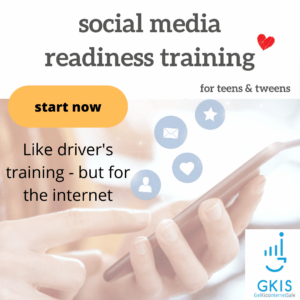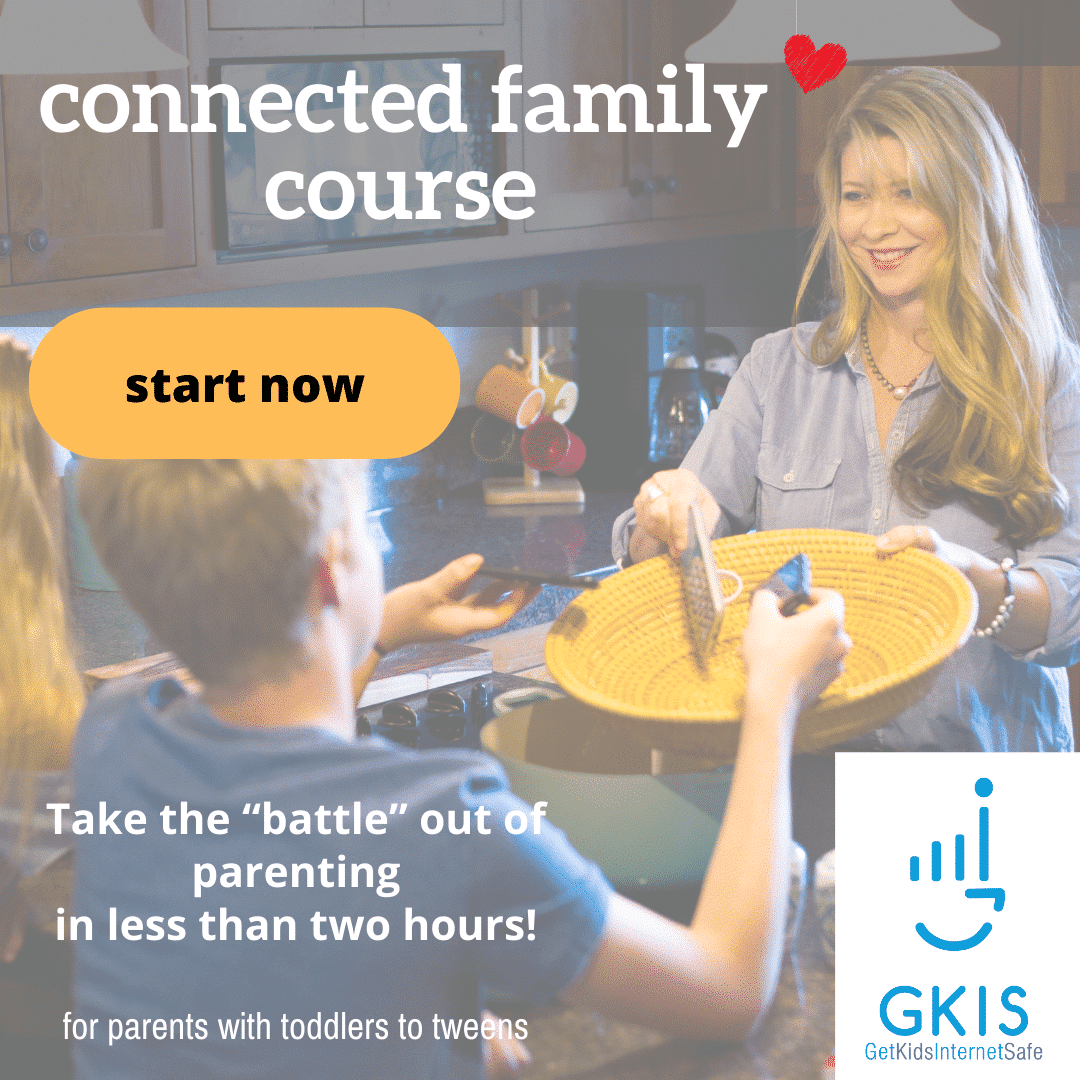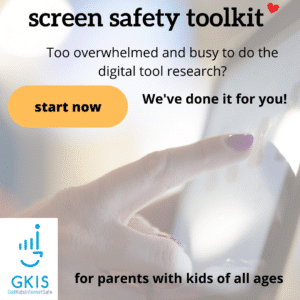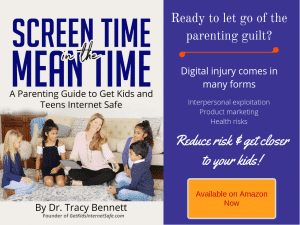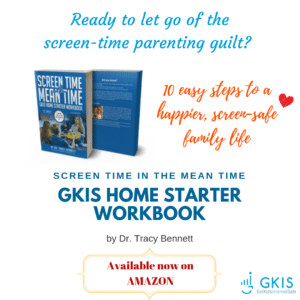
Teen life is complicated! And just like adult life, it is difficult to stay in healthy balance. My GKIS teen screen media series breaks the balance into three primary areas: learning and academics, friends and fun, and rest, rejuvenation, and self-care. Maybe you hoped that as your teens gained more independence, your parenting responsibilities would decline? Think again! Parenting a teen is perhaps the most emotionally taxing phase thus far. Not only must you learn to compromise and negotiate, but teaching, modeling, and supporting complex skill building is what separates the successful teen from the unsuccessful.
Adolescents live busy lives. Along with big changes to their bodies and brains, this generation is more overtasked than ever before with academics becoming increasingly important for launch. Teens must increasingly transition from middle school to high school, class to class, activity to activity, screen to screen. In my practice, I have seen overtasking increasingly take a concerning toll on teen mental health. Outsourcing tasks to screen media helps with day-to-day activities, like using social media to maintain friendships, calendars to schedule, texting and email to communicate, the Internet to seek new information, and word processing to store and produce classroom assignments. However, they still need our help with overall organization and self care. Parents can support their success by helping teens with big picture skills by setting up, teaching, and supporting organization, project management, and study tools.
Valuable organization, learning, and education tools for any family with teens include:
- A FAMILY COMMAND CENTER. In our house this revolves around the kitchen computer. Not only is this where we calendar activities that automatically synch on all of our phones, but we have a basket that serves as an inbox. This helps stage regular planning sessions and organize papers that need signed and deadlines that must be met. Scheduling and post-it notes can be completed by keyboard, others with old fashioned pen and paper. Calendar and to-do list apps include iCal, Google Calendar, Outlook, and Cozi.
- SPECIFIED DOCKING STATIONS. This sounds obvious, but organization takes preplanning. Assign a filing-not-piling area for important items like screen media, backpacks, keys, and shoes. If kids get in the habit of storing items in one space, it avoids a lot of frantic searching and last-minute scolding. At night, I suggest a docking station in the parent’s bedroom for screen media devices. Otherwise, you will be unable to check for compliance and sneaking WILL happen.
- STOCKPILE COLOR-CODED SCHOOL SUPPLIES. It doesn’t take long for folders to rip and paper to run low. By getting your teen’s school supplies organized from the beginning and staging backpack checks, you can help them stay organized and avoid missed assignments. Setting up folders on-screen media is also helpful for digital organization and efficiency. With the right support and materials, teens will become increasingly independent with their academics.
- ONLINE CLOUD STORAGE TOOLS. Apps like Google Drive, Dropbox, and Picasa are an extremely helpful way to get organized and stay organized. I personally store all of my university materials on Dropbox so I can effortlessly pull them up for use at the beginning of class. No more heavy book bags, lost flash drives, and aching shoulders. Cloud backup services are particularly important for security. My friends at Cloudwards provided me with this comparison chart to help with smart selection.
- PROJECT MANAGEMENT SYSTEMS. Apps like Evernote and Trello are excellent systems to track projects and prioritize tasks. You can even share projects so group partners and parents can see progress and help keep track of deadlines.
- ONLINE EDUCATIONAL TOOLS. There are so many online educational tools being developed every day I can’t possibly offer the best and the greatest. However, longtime favorites include the Skype so kids can form study groups and share homework information, Khan Academy or Learning Bird for online lessons and homework help, iTunes University for a library of free educational resources, StudyBlue for user-created flashcards and study guides, XMind or Coggle for mind mapping and project collaboration, and Cold Turkey to block apps, websites, or even the entire Internet until your work is done. Your teen’s school will likely suggest a variety of tools at the beginning of the year to optimize parent communication and support. Set it up and use it!
Most of us learn organization and efficiency through the school of hard knocks. However, tanking your grades in high school during this learning period can have serious consequences when it comes to college opportunity. Instead of abandoning your child to digital overwhelm and long-term academic consequence, I suggest you start off the school year with a setup day for online tools and encouraging instruction. By teaching winning learning, organization, and study strategies, your teens will not only feel loved and supported with a strong parent-child alliance, but they will also start a trajectory of learning success that sets the stage for excellence. That’s a feel-good parenting job that will pay off for a lifetime.
I’m the mom psychologist who will help you GetYourKidsInternetSafe.
Onward to More Awesome Parenting,
Tracy S. Bennett, Ph.D.
Mom, Clinical Psychologist, CSUCI Adjunct Faculty
GetKidsInternetSafe.com
Don't worry, we will never spam you.



